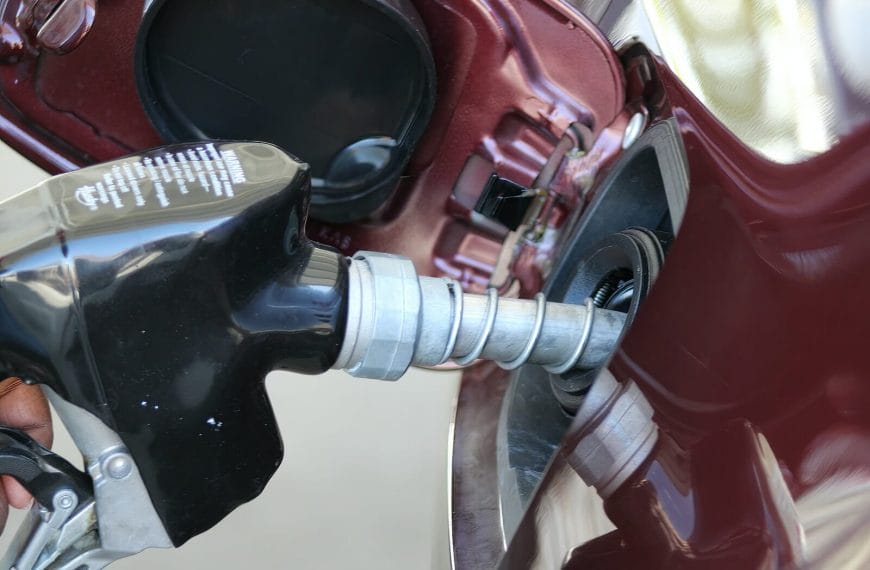Have you ever watched a raccoon’s playful antics and wondered if you could have one as a pet? It’s a question that captures the imagination of many animal enthusiasts. However, the legality of owning these mischievous and intelligent creatures varies widely across the United States.
Welcome to our comprehensive guide on ‘What States Is It Legal to Own a Raccoon?’. In this article, we’ll navigate the intricate tapestry of state laws, explore the unique challenges and joys of raccoon ownership, and provide all the essential information you need to know if you’re considering a raccoon as your next furry companion. So, buckle up, and let’s dive into the fascinating world of pet raccoons – where legality meets curiosity!
| Legal Raccoon Onwership States | Permit Needed? |
| Delaware | Yes |
| Florida | Yes |
| Illinois | Yes |
| Indiana | No |
| Michigan | Yes |
| Nebraska | No |
| New Jersey | No |
| Ohio | No |
| Oklahoma | No |
| South Carolina | No |
| South Dakota | No |
| Vermont | No |
| West Virginia | No |
| Wisconsin | No |
| Wyoming | No |
Raccoons are considered exotic animals, and their ownership is regulated by different laws in each state. In the United States, it is legal to own a raccoon as a pet in the following states:
However, it is essential to note that even in states where raccoon ownership is legal, there may be specific requirements, such as obtaining a permit or license and adhering to local regulations. It is crucial to research your state and local laws before attempting to own a raccoon as a pet.
Background Information on Raccoons as Pets
Raccoons are intelligent, curious, and playful animals but can also be unpredictable and destructive[2]. They require a lot of space to explore, climb, and roam, making them unsuitable for small living spaces or cages. Raccoons can also carry various diseases, including rabies, which poses a health risk to humans and other animals.

If you are considering owning a raccoon in a state where it is legal, it is essential to find a reputable breeder and avoid adopting a wild raccoon[4]. You should also prepare your home by child-proofing it and setting up a litter box, as raccoons can be destructive in their explorations. Providing safe toys and a large outdoor enclosure with a secure roof for your raccoon to play unsupervised is highly recommended.
Raccoons have a varied diet, including poultry, fish, eggs, insects, vegetables, and fruits[2]. Consult with a veterinarian for advice on feeding your raccoon and ensure they have access to water at all times.
Legal Considerations and Permits
In states where raccoon ownership is legal, you may need a permit or license before acquiring a raccoon. Additionally, local city and county jurisdictions may impose restrictions or require additional permits. Researching and complying with all state and local regulations before owning a raccoon is essential.
Failure to obtain the necessary permits may result in fines and confiscation of your pet. Moreover, many veterinarians will not treat raccoons without the required permits, as doing so may jeopardize their license to practice.
Q: Is it legal to own a raccoon as a pet?
A: The legality of owning a pet raccoon varies across states. Some states allow raccoons to be kept as pets, while others prohibit it.
Q: What states allow raccoons to be kept as pets?
A: The states that allow raccoons to be kept as pets usually require a possession permit. These states include Arizona, Delaware, Indiana, Maine, Michigan, Nebraska, Oklahoma, Tennessee, and Wyoming. However, it is essential to check with local authorities as regulations may vary.
Q: Can I legally own a pet raccoon without a permit?
A: In most cases, owning a pet raccoon without a permit is illegal. Many states require a possession permit to keep a raccoon as a pet, which is against the law.
Q: Are raccoons good pets?
A: While raccoons can be charming and intelligent animals, they are typically considered wild and unsuitable for domestication. They have specific needs and behaviors that can be challenging to meet in a home environment. It is important to thoroughly research and fully understand the responsibilities of owning a pet raccoon before considering it.

Q: How do I get a permit to own a pet raccoon?
A: The process of obtaining a permit to own a pet raccoon varies depending on the state. Generally, it involves contacting the appropriate wildlife agency or department, completing an application, paying required fees, and meeting specific criteria. It is advisable to consult with local authorities or organizations specializing in exotic pet ownership for detailed information.
Q: Can I keep a raccoon as a pet if they are domesticated?
A: While the domestication of raccoons is possible, it is a complex and lengthy process that requires years of dedicated effort. Domesticated raccoons may have different needs and behaviors compared to their wild counterparts. However, it is important to note that even domesticated raccoons may still be subject to legal restrictions in some states.
Q: Is it legal to keep raccoons as pets in all states?
A: No, keeping raccoons as pets in all states is not legal. Many states have specific laws and regulations regarding the possession of raccoons. Researching and understanding the laws in your particular state is crucial before considering owning a raccoon as a pet.
Q: What are the potential consequences of owning a raccoon without a permit?
A: Owning a raccoon without a permit can lead to legal repercussions. These may include fines, confiscation of the raccoon, or other legal actions. It is always advisable to comply with local laws and regulations to avoid negative consequences.
Q: Are raccoons considered wild animals?
A: Yes, raccoons are wild animals. They have natural instincts and behaviors more suited to outdoor environments. While they can form bonds with humans, they retain their wild nature, which can present challenges when kept as pets.
Q: What is a wild animal possession permit?
A: A wild animal possession permit is a document issued by the relevant authorities that allows an individual to legally keep certain wild animals, such as raccoons, as pets. The permit usually has specific requirements and regulations that must be followed to ensure the well-being of the animal and the safety of the owner and the community.













